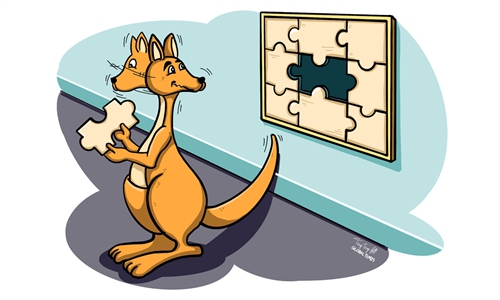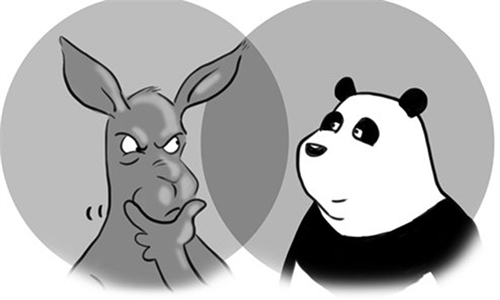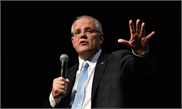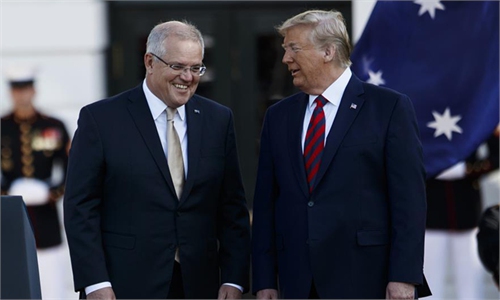Australia signals shift away from climate credit 'cheating'
Australia's prime minister said the country may no longer rely on a much-criticized accounting tactic to meet its emissions targets, stepping away from an approach international partners had labeled "cheating."
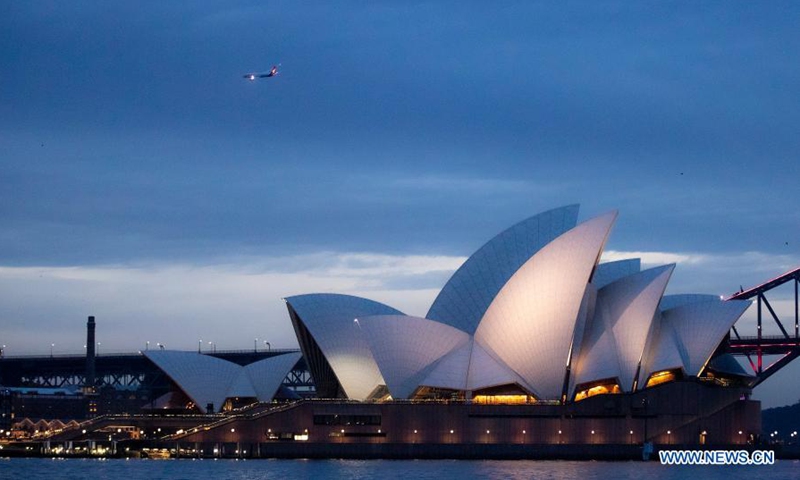
Conservative leader Scott Morrison said targets under the Paris climate accord could be met without using so-called carryover credits - a mechanism that reduces current emissions on paper but not in the atmosphere.
"We have the option of using these credits towards our next commitment period," Morrison told a business event on Friday. "My government's ambition is that we will not need them."
The credits were dubbed "cheating" by France's former environment minister and Paris accord architect Laurence Tubiana, and they could become a point of friction between Australia and the incoming administration of US President-elect Joe Biden.
Morrison - whose Liberal-National coalition contains a smattering of climate skeptics - has yet to commit to a date for achieving net-zero emissions.
The sparsely populated continent produces relatively low levels of emissions but is one of the world's largest exporters of both coal and gas.
The prime minister has long insisted that Australia "met and beat" its emissions targets under the Kyoto global agreement and would "do the same when it comes to our Paris commitments as well."
Morrison has welcomed Biden's promise to reenter the Paris accord, adding that the "United States has always been welcome to rejoin."
But Greenpeace was cynical of the statement, labeling it as "lip service" and calling on the government to put in place meaningful climate policy.
"Australia is the only country in the world still using dodgy Kyoto credits, and Morrison is increasingly isolated on the world stage," Greenpeace Australia Pacific chief executive David Ritter said in a statement.
In the face of climate-worsened bushfires, floods and drought, around 90 percent of Australians say climate change is an important or critical threat to the country, according to a poll by Sydney's Lowy Institute.

Sydney, Australia Photo: Xinhua
Conservative leader Scott Morrison said targets under the Paris climate accord could be met without using so-called carryover credits - a mechanism that reduces current emissions on paper but not in the atmosphere.
"We have the option of using these credits towards our next commitment period," Morrison told a business event on Friday. "My government's ambition is that we will not need them."
The credits were dubbed "cheating" by France's former environment minister and Paris accord architect Laurence Tubiana, and they could become a point of friction between Australia and the incoming administration of US President-elect Joe Biden.
Morrison - whose Liberal-National coalition contains a smattering of climate skeptics - has yet to commit to a date for achieving net-zero emissions.
The sparsely populated continent produces relatively low levels of emissions but is one of the world's largest exporters of both coal and gas.
The prime minister has long insisted that Australia "met and beat" its emissions targets under the Kyoto global agreement and would "do the same when it comes to our Paris commitments as well."
Morrison has welcomed Biden's promise to reenter the Paris accord, adding that the "United States has always been welcome to rejoin."
But Greenpeace was cynical of the statement, labeling it as "lip service" and calling on the government to put in place meaningful climate policy.
"Australia is the only country in the world still using dodgy Kyoto credits, and Morrison is increasingly isolated on the world stage," Greenpeace Australia Pacific chief executive David Ritter said in a statement.
In the face of climate-worsened bushfires, floods and drought, around 90 percent of Australians say climate change is an important or critical threat to the country, according to a poll by Sydney's Lowy Institute.
